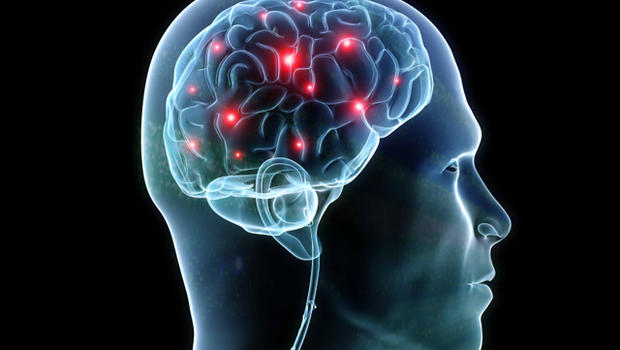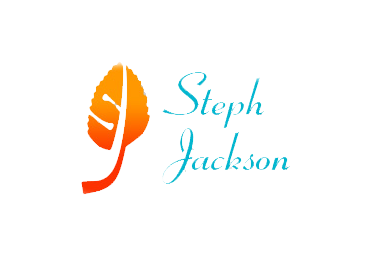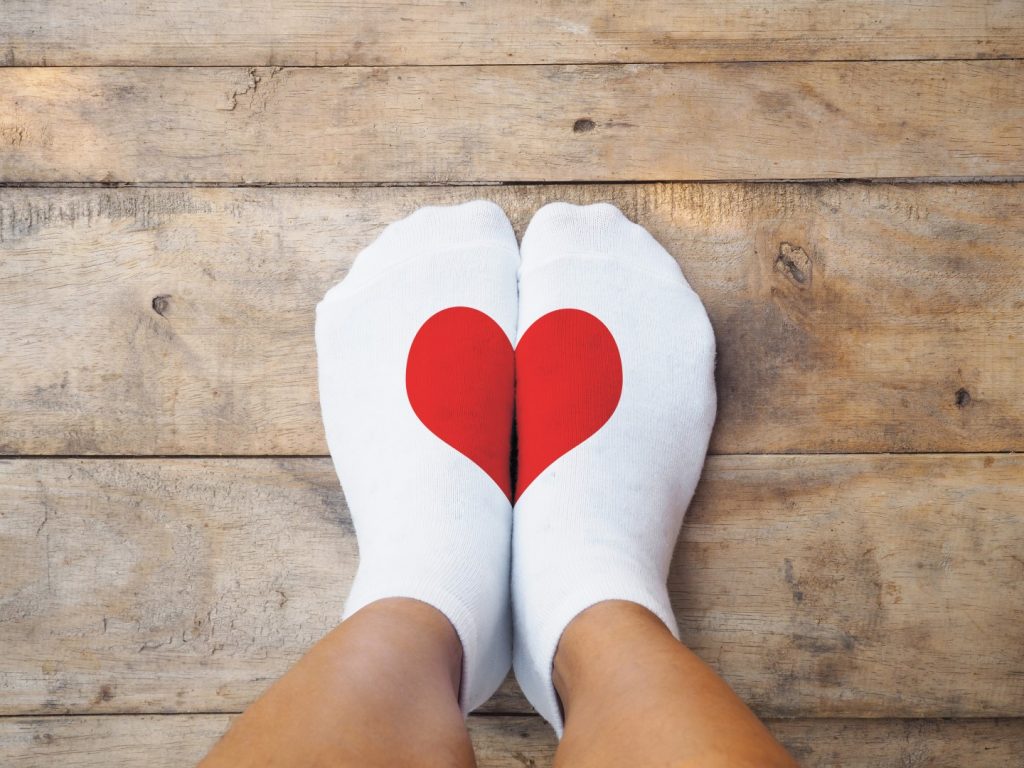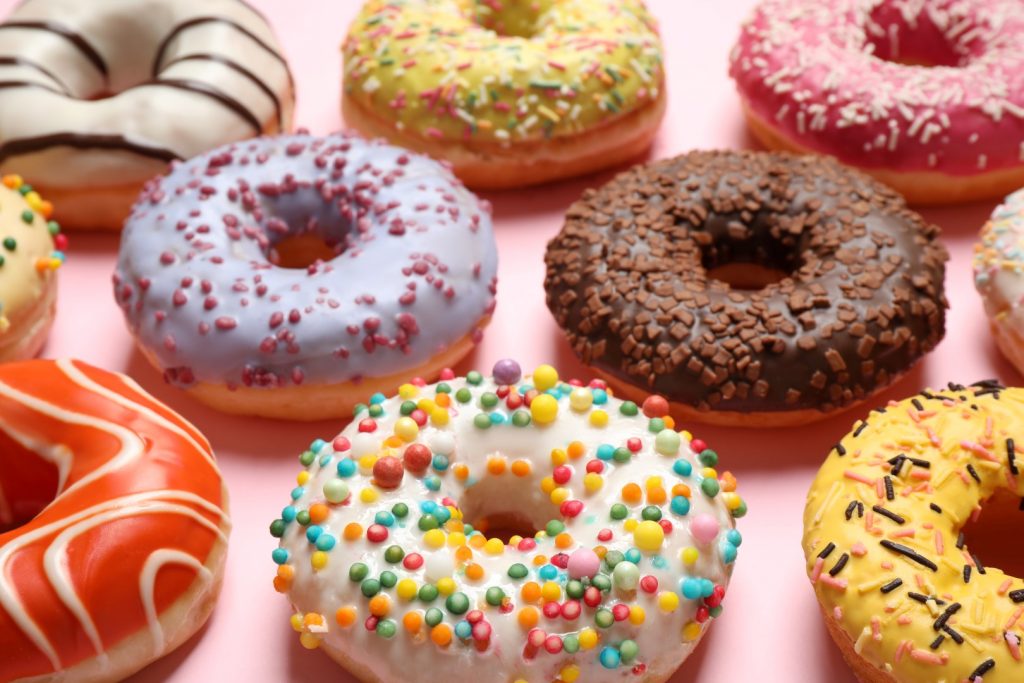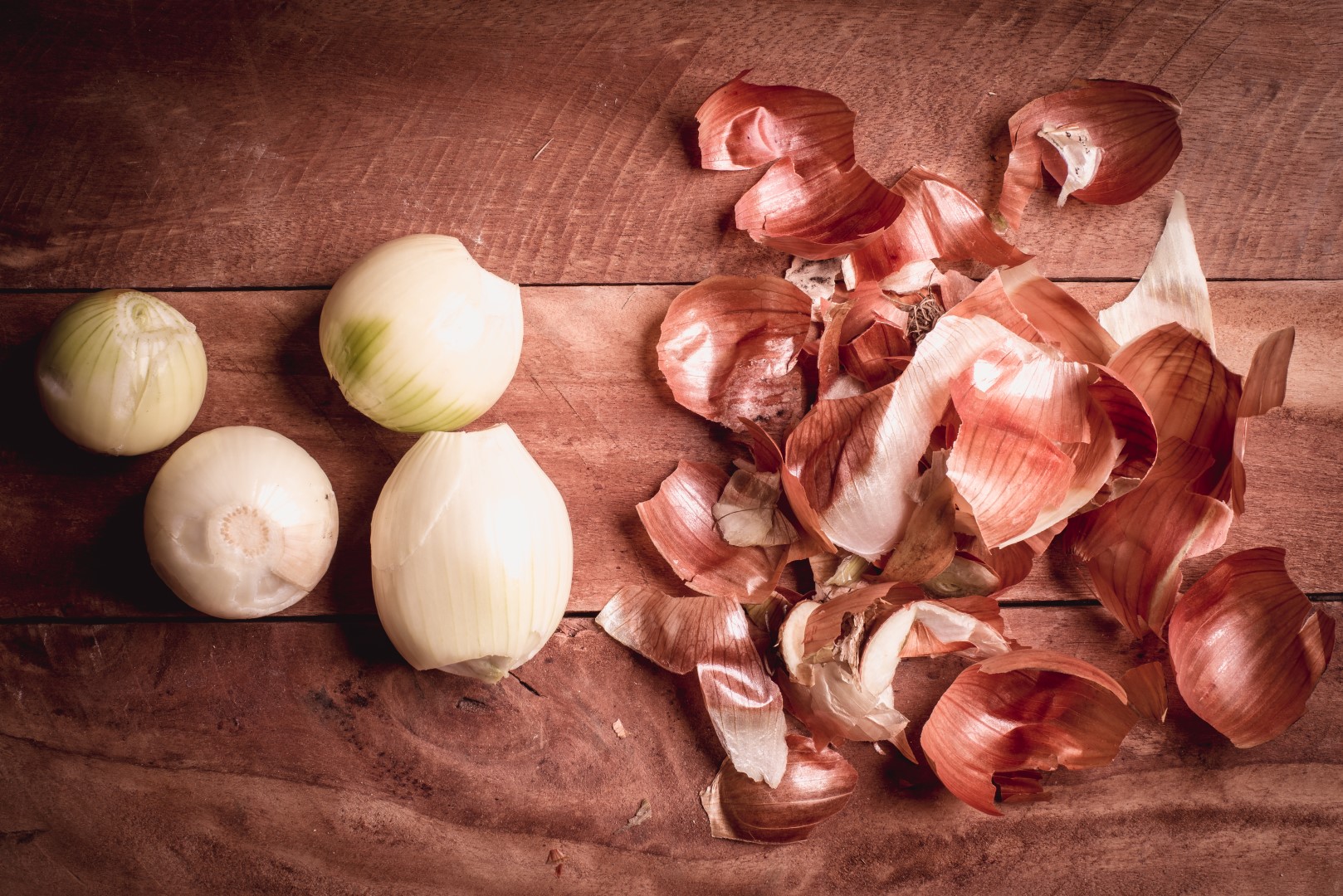I know. You already avoid packaged foods as much as possible. You already know that sleep is essential for health. Sometimes it is just really good to reinforce what we already know but from a different perspective. Processed or non-foods impact digestive flora which can offset the melatonin signalling as well as glucose regulation. This is especially true if those foods are high in processed fats. This can disrupt or prevent our sleep and make it less restorative when it does happen.
Why sleep?
I used to say “sleep is for the weak”. Until I got sick. In my former life as a musician the middle of the night was my best and most productive creative time when I could really connect to the muse, practice hardest and do my best work. Now if I’m awake in the middle of the night I know my body is designed to be sleeping at that time but it is not always easy to follow the “should be sleeping” advice.
There are important metabolic processes that happen during sleep:
-The brain cleanses itself and refreshes its fluids, releasing toxic byproducts that have built up over the day
-Growth hormone peaks, allowing the body to repair and rebuild muscles
-Fat burns
-The digestive tract heals
Here are some of the things that happen when we don’t sleep:
-Temporarily reduced insulin sensitivity for 24-72 hours following (induced insulin resistance)
-Feeling brain dead
-More fat less muscle
-Increased cortisol
-Increased inflammation
The 1st way processed foods interfere with our sleep:
Hidden or delayed allergens. I mention it first because, well, it’s not that exciting and gets glossed over and overlooked but we have to make sure that we’re on the same page here. Don’t ignore the mundane or obvious, that is usually where the most valuable information is. If a person reacts to lectins or phytates or really any “ingredients” in foods that are often hidden… this can raise their heart rate, raise their cortisol and up the inflammation and immune reaction. Most food sensitivities and true allergies are to the proteins in foods or the peptides that make up the proteins. This would be a sensitivity to a food itself. These can all be difficult to trouble shoot. This effects sleep pretty much in a way that feels like coffee. There are often excitotoxins in foods that affect our dopamine metabolism and can actually damage our brains while keeping us up. Think about how you would feel after coffee and this is just a really exaggerated picture of how you might feel “stimulated” after processed foods.
Some ingredients that excite and feed the night owl are:
gluten and non-gluten parts of wheat
corn
anything you’re personally allergic (IgE reaction) or sensitive (IgG reaction) to
beans and grains with lectins in them (not prepared thoroughly)
preservatives
chemicals
undisclosed ingredients like “harmless markers” and “generally recognized as safe”
anything hidden in the “natural flavours” category
artificially and naturally concentrated sources of MSG (soy sauces, hydrolyzed yeast extract, most things with the word “Umami”, fermented mushroom or garlic products…)
The packaging itself
The 2nd way processed foods interfere with our sleep:
Nutrient insufficiencies. Again not that exciting at first but the struggle is real in getting nutrients from packaged foods. They are made to be tasty, predictable and shelf stable, not to nourish our bodies. Which nutrients are the most important for sleep? Where can we get them?
B6 (spinach and cashews for example)
Potassium (apricots, avocados)
Magnesium (can be found in leafy greens)
Calcium (leafy greens, chia, broccoli)
Omega 3 (chia, walnut)
Tryptophan (hemp, collards, seaweed)
If you end up eating packaged food once every couple of days and the rest of your food is pretty nutrient dense maybe this won’t affect you, as long as you avoid sensitivities and excitotoxins. BUT…
The top way processed foods interfere with sleep:
They mess up the circadian rhythm of our gut bacteria!! Yup! Our gut bacteria have a circadian rhythm. Short chain fatty acid producing bacteria in the large intestine send
signals to our nervous systems night and day. Part of the role of these signals is to
let us know when to be tired. One of the most important factors in this is
Butyrate, a short chain fatty acid produced in the large intestine. The bacteria in a healthy colony produce a good amount of Butyrate which can help heal leaky gut and can help reset OUR circadian rhythms. If there is too much fat or too many processed foods in the diet the balance of bacteria will change to be one with less butyrate-forming species’ and they will not send signals like they should. What increases butyrate and helps those bacteria reset our circadian clocks?
Fresh fruits and veggies! The
butyrate bacteria literally need the spectrum of carbohydrates and phytonutrients that can ONLY come from vegetables and fruit in order to produce butyrate at all. Too much fat in the diet and too much protein creates and environment where these bacteria cannot thrive and are in fact reduced in numbers, reducing our Butyrate and thus our digestive healing and hormone signalling including estrogen balance, insulin receptivity and melatonin (I know but it’s close enough to a hormone). Look to Bifidobacteria to support a healthy balance of bacteria in the large intestine and to a diet as full of healthy fresh fruits and vegetables as possible. Check out some further reading
on this topic HERE So put down the chips (if you can), grab yourself a bunch of spinach or collard greens and find those “visions of sugar plums” with just plums.
Read more
 we’re hungry! There are also small amounts of this hormone released from the brain itself, the small intestine and the pancreas. There has been much popular press about ghrelin, teaching us how to suppress this hormone, blaming it for weight gain. I do not believe our hormones are inherently good or evil, but that they are necessary messengers in our bodies. Perhaps if we were eating the right amounts of the right things for our bodies and we were able to metabolize the carbs we were eating we wouldn’t be so eager to find someone to blame.
we’re hungry! There are also small amounts of this hormone released from the brain itself, the small intestine and the pancreas. There has been much popular press about ghrelin, teaching us how to suppress this hormone, blaming it for weight gain. I do not believe our hormones are inherently good or evil, but that they are necessary messengers in our bodies. Perhaps if we were eating the right amounts of the right things for our bodies and we were able to metabolize the carbs we were eating we wouldn’t be so eager to find someone to blame.